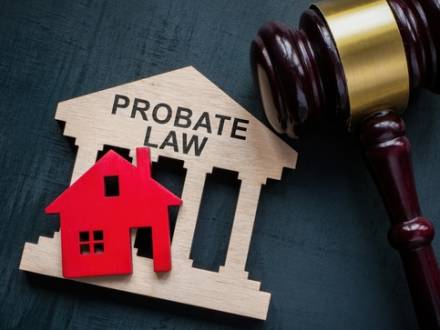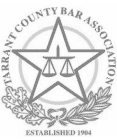What Types of Estates Can Bypass Probate?
 There are many factors to consider when you plan your estate. One of those considerations is called probate, a court process that your assets pass through when you die. The probate process can be lengthy and costly, which is why many estate planners use legal tools to avoid it.
There are many factors to consider when you plan your estate. One of those considerations is called probate, a court process that your assets pass through when you die. The probate process can be lengthy and costly, which is why many estate planners use legal tools to avoid it.
Certain types of estates do not need to go through the probate procedure. This article will discuss those estates, what probate is, and how to contact a Texas estate planning attorney.
What Is Probate?
Probate is a process in which a court oversees the execution of a person’s will after he or she is deceased. The aim is to settle the estate, which means the debts are paid and all assets are distributed to beneficiaries. Probate involves the following steps:
-
The court appoints an administrator to execute the will and act on behalf of the decedent (the estate owner who died).
-
Under the court’s oversight, the administrator takes an inventory of all the assets left in the will and has them appraised.
-
The administrator then calculates the decedent’s debts. The court invites creditors to come to settle their debts from the estate.
-
The administrator uses the estate to pay off any taxes owed.
-
Once all debts and taxes are paid, the administrator distributes the remainder to the beneficiaries. If no beneficiaries were named in the will, the court will search for relatives of the decedent.
-
The administrator closes the estate.
This process can take over a year and cost significant amounts of money which come out of the estate.
What Types of Estates Avoid Probate?
Not all assets have to go through probate. These estates can generally avoid the process:
-
Trusts: The most popular legal tool used to avoid probate is a trust. When you place an asset in a trust, the trust entity becomes the owner of the property. When you pass away, the assets avoid probate because they do not technically belong to you.
-
Joint property: Assets that you own jointly with someone else generally do not pass through probate because they have a right of survivorship. This means the property transfers to the surviving owner. If you and your spouse jointly own a home, for example, a right of survivorship means that when you die it will pass to your spouse instead of through probate.
-
Payable-on-death accounts: Many types of bank accounts bypass probate and transfer directly to your beneficiary upon your death if you have named one on your account. In many cases, you can fill out a form to have your checking, savings, investment, or individual retirement account pass directly to a beneficiary upon your death.
-
Small estates: In some cases, if the decedent died and left a small estate worth $75,000 or less, his or her heirs may be able to fill out a Small Estate Affidavit and receive it directly without it passing through probate.
Contact a Hill County, TX Estate Planning Attorney
Whether you want guidance on how to avoid probate or you need help navigating the probate process, contact Cain & Kiel Law. Our extensive experience in estate planning allows us to provide excellent, personalized legal services to our clients with great results. Speak with a Tarrant County, TX estate planning lawyer now by calling 817-645-1717 today.
We're Here When You're Ready
To set up a consultation with our attorneys and get the legal help you need, please call 817-645-1717 or fill out the form below:
The use of the Internet or this form for communication with the firm or any individual member of the firm does not establish an attorney-client relationship. Confidential or time-sensitive information should not be sent through this form.
I have read and understand the Disclaimer and Privacy Policy.

 817-645-1717
817-645-1717









